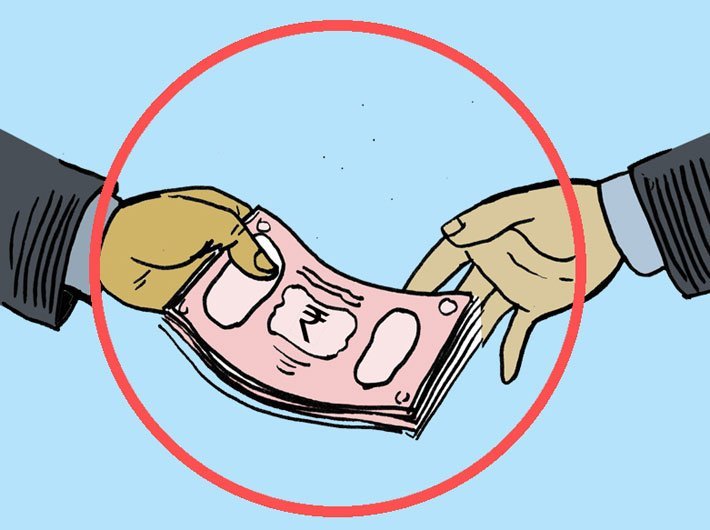Reforms in the banking sector and tightening of processes would prevent a repeat of a fraud that is unparalleled in the Indian banking history
Billionaire jeweller Nirav Modi, whose properties are being searched after Punjab National Bank reported a massive fraud of Rs 11,000 crore, is a good reason why banking reforms need to be urgently carried out.
Top Reserve Bank of India officials have been repeatedly stressing on the need to have reforms in the public sector banks which are currently weighed down by Non-Performing Assets.
Reserve Bank of India Governor Urjit Patel said on April 25 last year that the Indian banking system could be better off if some public sector banks are consolidated to have fewer but healthier entities, as it would help in dealing with the problem of stressed assets.
“As many have pointed out, it is not clear that we need so many public sector banks. The system could be better off if they are consolidated into fewer but healthier banks,” Patel said while delivering the Kotak Family Distinguished Lecture at Columbia University, reported The Hindu.
Patel said that “some banks can be merged, as a quid pro quo for timely government technical injection”.
Months later on December 7, Patel said that the recapitalisation package for public sector banks will not only be linked to their capital requirements, but also on their reforms initiatives to ensure the funds are not used to sow the seeds of next “boom and bust cycle of lending”.
The central bank is working with the government to finalise the recapitalisation plan, the livemint quoted him as saying.
Finance minister Arun Jaitley last year announced an unprecedented Rs2.11 trillion PSU bank recapitalisation plan to strengthen public sector banks. The plan includes recapitalisation bonds of Rs1.35 trillion.
In an important indication of what role the public sector banks should be playing, Viral Acharya, deputy governor RBI, said on April 28, 2017 that a bank should be something one can “bank” upon.
It is inspired by the real meaning behind banking upon something, a statement of credibility, of confidence, of trust – something that ideally a bank must earn over time by making prudent choices, he said.
Acharya explained that in essence, if an economic tsunami – like a massive house price crash or global economic collapse or underperformance in many industrial sectors – comes and hits the banking system, and it had chosen to remain heavily exposed to it by being on the shores, so that a large portion of its assets is deemed to be risky at once, then an unexpectedly large deposit withdrawal could be rather hard to meet for any bank.
“Worse, when this happens, if some depositors start being repaid by the bank, other depositors fear that bank liquidity is getting depleted and their savings might be at risk given the underlying assets are either not safe or not liquid enough in inter-bank markets. Now, these depositors may start demanding their deposits too. And a bank “run” starts. Fearing the asset-quality signal revealed by such a run at one bank, depositors could start running on other banks too, especially ones with similar assets and a full-fledged banking panic takes hold.”
When this happens, the entire banking system is at the risk of being disintermediated; payments and settlements of financial transactions can come to a standstill; banks have no capacity on balance-sheet to make new loans to new entrepreneurs, first-time home buyers and old families; the economic activity can come to a grinding halt. There are banks around, but no banking, the life-blood of the economy, to channel savings to productive uses and for job creation, he added.
